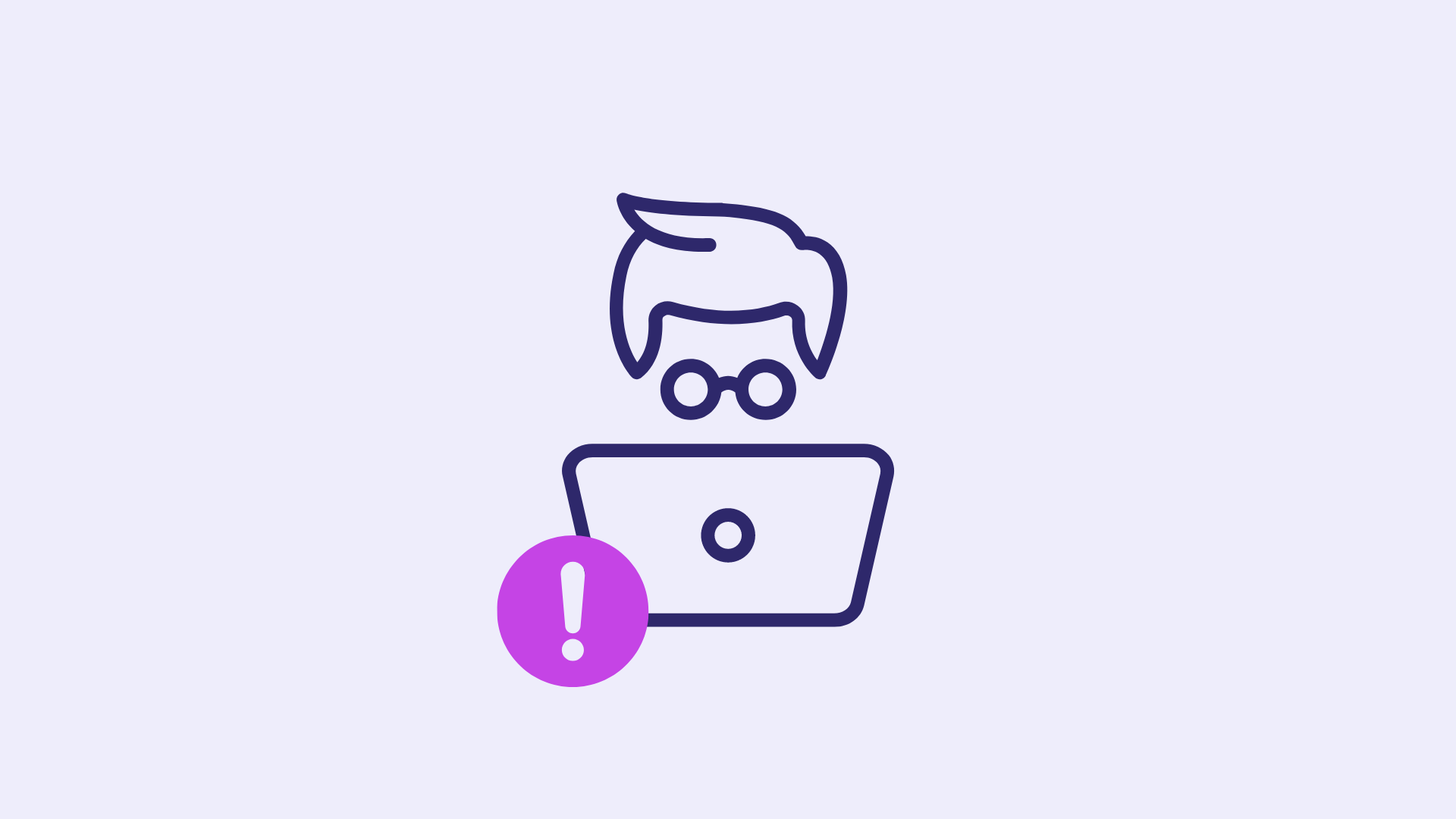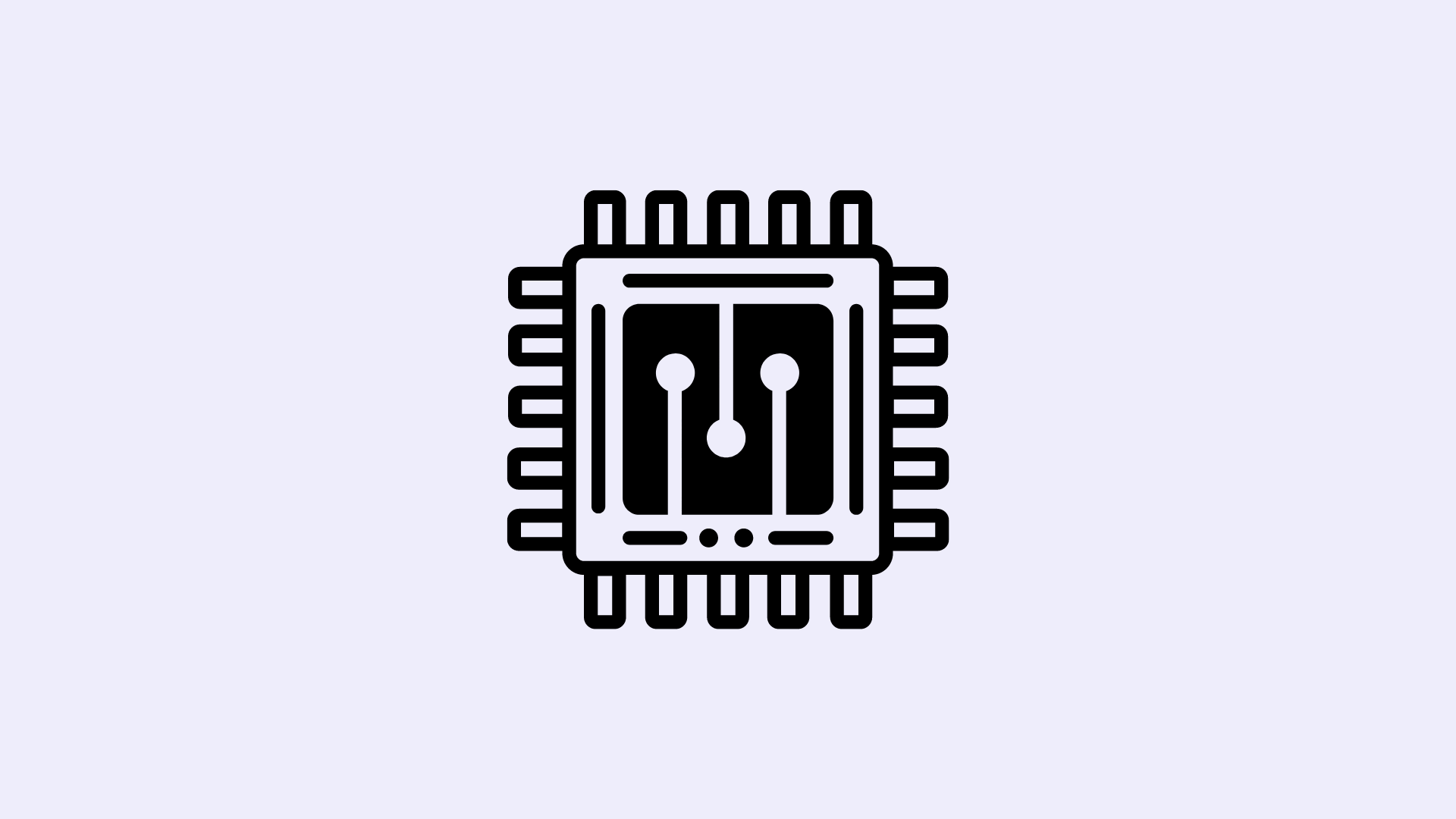

Blog posts
Thank you! Your submission has been received!
Oops! Something went wrong while submitting the form.

VPN
April 25, 2024
Brazil Demands X User’s Data, While Elon Musk Recommends Brazil VPN to Protect It
Elon Musk refuses to suspend X accounts and urges Brazilians to use a VPN.

Internet Security
April 23, 2024
Geek Squad Scam: The Ultimate Guide for Online Safety in 2024
Protect yourself from online fraud with this comprehensive guide to the Geek Squad Scam in 2024.

Internet Security
April 8, 2024
Can You Install an Encryption Backdoor Without Risking Privacy? European Court Says NO
The European Court denied installing encryption backdoors out of privacy concerns

Tips & Tricks
February 23, 2024
Web2 vs Web3: The Past and the Future of the Internet
The transition from Web2 to Web3 is happening at quite a pace. What is the difference between the two, and what does the future hold?

Tips & Tricks
February 13, 2024
Headless System Definition: Simplifying Serverless Technology
Understanding what a headless system means is easy, but knowing what it means to technology is not. Let us explain it all!

Internet Security
February 7, 2024
Not Just Blue Trouble: How to Protect Your Network from a Smurf Attack
Smurf attacks might remind you of those cute blue creatures but are way more menacing. What are those attacks and how to prevent them?

Tips & Tricks
January 31, 2024
The Firestick Jailbreak Revolution and What It Means for You
Firestick jailbreaking opens up a new world of possibilities you may not have been aware of. Learn how to unlock them in our guide!

Internet Security
December 31, 2023
2023 in the World of IT: A Yearly Overview
2023 has come to a close. Let's look at notable events that shook up the tech world that year!

VPN
December 22, 2023
Unlocking Online Privacy: The Power of No Log VPNs
Keeping no logs is a cornerstone of a good VPN service, but what exactly is a no log VPN? Dive into knowledge and learn here!

VPN
November 14, 2023
Why Use a VPN for Public WiFi?
Public WiFi is nearly everywhere, but is it safe? Find out why you should use a VPN to secure your online experience on public WiFi.




.jpeg)